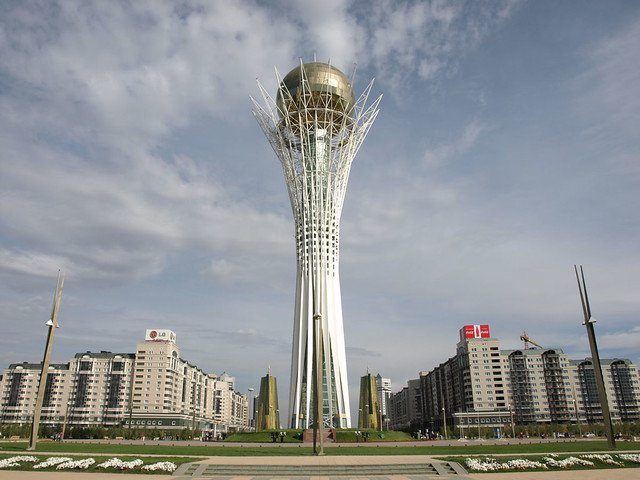(Chatham House) A partial handover of political power through an orchestrated transition takes Kazakhstan into uncharted territory. Will it be able to pursue modernization and reform, and break from its authoritarian past?
Authors: Annette Bohr, Dr Nigel Gould-Davies, Kate Mallinson, James Nixey, Birgit Brauer, Nargis Kassenova, Joanna Lillis, and Dosym Satpayev.
Kazakhstan is at a turning point in its history. At face value, at least, Central Asia’s wealthiest state has embarked on a bold experiment following the March 2019 decision by its founding father and long-standing ruler, Nursultan Nazarbayev, to resign from the presidency and initiate a managed political succession. A generational transition of this nature, untried in other former Soviet republics, brings with it high stakes. As well as looking to secure his own legacy, having dominated the country since before independence in 1991, Nazarbayev seeks to ensure Kazakhstan does not depart from the course he has set, while safeguarding regime stability in the context of multiple and evolving domestic and international challenges. This is easier said than done. […]
Read More © Chatham House











